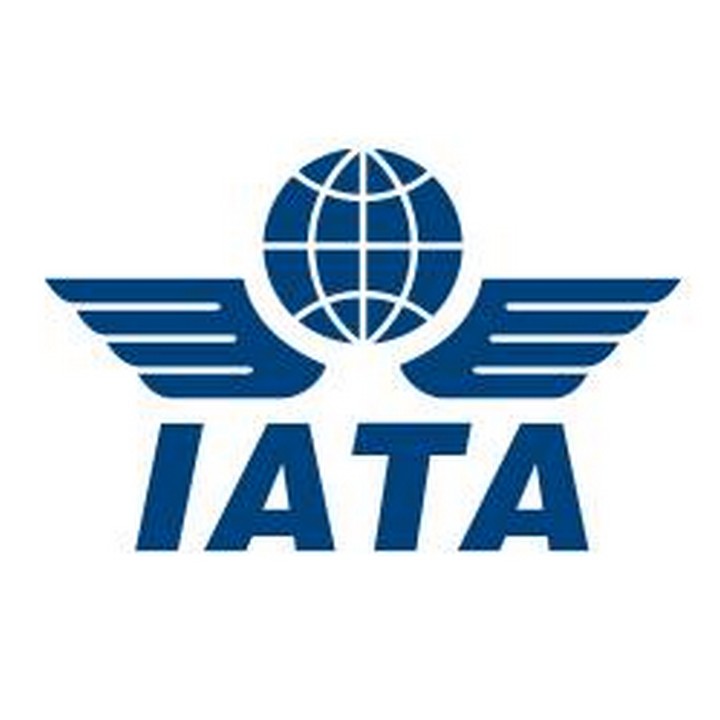The International Air Transport Association (IATA) issued a statement on the Executive Order (EO) issued by US President Donald Trump on January 27, which bans entry into the US of citizens or passport holders of Iraq, Iran, Libya, Sudan, Yemen, Syria, and Somalia.
The EO has created confusion among travelers as well as airlines flight crew. Some airlines even had to change cabin crews to comply with the 90-day travel ban. IATA, an international industry trade group of airlines, represents 250 members comprising 84% of the world’s total air traffic.
IATA issues statement on Trump’s EO barring passport holders of some countries from entering the US
The controversial EO is said to be issued to allow the US government to conduct screening and as protection from terrorist threats. It has, however, stranded passengers in airports in various countries and even prevented long-time residents from re-entering the US.
Protests against the EO have been reported in various airports and even well-known personalities have openly voiced out their opinions via posts on social media criticizing Trump and his policies. The rule is cited by many as “discriminatory”, “un-American”, “anti-democratic” and goes against the fact that the US is “a nation of immigrants”.
IATA asks for “clarity from the US administration on the current situation” since “the EO was issued without prior coordination or warning, causing confusion among both airlines and travelers.”
Read the full text of IATA’s statement:
Statement on the US Executive Order on Travel
The International Air Transport Association (IATA) works with its 265 member airlines for safe, secure, efficient and sustainable global air transport links. As a matter of principle we work for the free movement of trade and people across borders.
IATA also recognizes that states have the right and duty to protect their citizens by enforcing their borders. Where this has implications for air travel, we work with our member airlines to help them comply with these requirements efficiently and effectively. Global systems and procedures exist to support this activity. IATA’s Timatic online solution, for example, is a global database for travel document requirements. It is updated constantly and used by airlines and travel agents around the world.
These systems can only support the efficient implementation of any government’s directives by the global air transport industry with advance coordination as well as with detailed and consistent operational information.
Entry requirements for the United States were changed significantly and immediately by an Executive Order (EO) issued 27 January 2017. The EO was issued without prior coordination or warning, causing confusion among both airlines and travelers. It also placed additional burdens on airlines to comply with unclear requirements, to bear implementation costs and to face potential penalties for non-compliance.
We ask for early clarity from the US administration on the current situation. Moreover, we urge all governments to provide sufficient advance coordination of changes in entry requirements so that travelers can clearly understand them and airlines can efficiently implement them.
What do you think of this travel ban? Share your thoughts in the comments.





